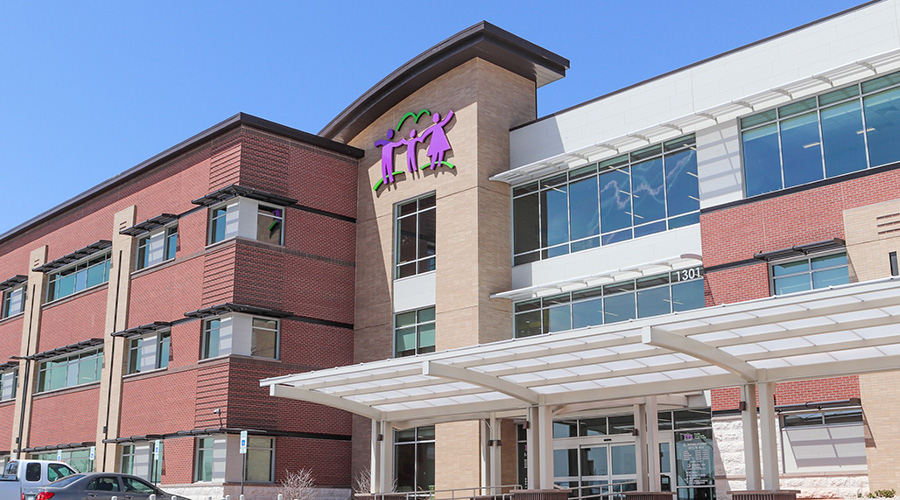A Place in the Hall of Fame
By Edward Sullivan, Editor
 It’s the paradox of energy performance: The most efficient buildings often don’t have the most energy-efficient systems. There’s an explanation — a building that is operated properly will be more efficient than one that isn’t, regardless of the theoretical efficiency of building systems. But I get the sense that many facility executives don’t buy that notion.
It’s the paradox of energy performance: The most efficient buildings often don’t have the most energy-efficient systems. There’s an explanation — a building that is operated properly will be more efficient than one that isn’t, regardless of the theoretical efficiency of building systems. But I get the sense that many facility executives don’t buy that notion.
Maybe the problem is that we trust machines more than people. One of the highest compliments that can be paid to a sports team is to call it a machine. A machine is reliable, in this case, winning time after time. By that analogy, athletes are parts, the engine and transmission of a race car, or the compressor and condenser of a chiller.
No machine runs in top condition by itself. That’s true even when the so-called machine is made up of human beings. We all accept the importance of a good coach or manager. Look at Joe Torre, who managed the New York Yankees for 12 years. His teams went to the World Series six times and came back with four rings. Sure, he had a line-up of highly paid stars, but plenty of teams have tried to buy championships and failed.
It’s impossible to teach the skills needed to be a good manager. But it’s a different story when it comes to managing building systems so that they’re operating properly. The expertise required can be taught or hired. What’s more, the performance of well-operated building systems will be championship caliber, year after year — something no manager can do.
Don’t get me wrong. I know that good players matter. So do kW/ton measures and other ratings of energy performance. But the best teams have great managers as well as great players. To be the best, buildings need efficient systems operated for peak efficiency.
|
 |
|
Related Topics:








 It’s the paradox of energy performance: The most efficient buildings often don’t have the most energy-efficient systems. There’s an explanation — a building that is operated properly will be more efficient than one that isn’t, regardless of the theoretical efficiency of building systems. But I get the sense that many facility executives don’t buy that notion.
It’s the paradox of energy performance: The most efficient buildings often don’t have the most energy-efficient systems. There’s an explanation — a building that is operated properly will be more efficient than one that isn’t, regardless of the theoretical efficiency of building systems. But I get the sense that many facility executives don’t buy that notion.



